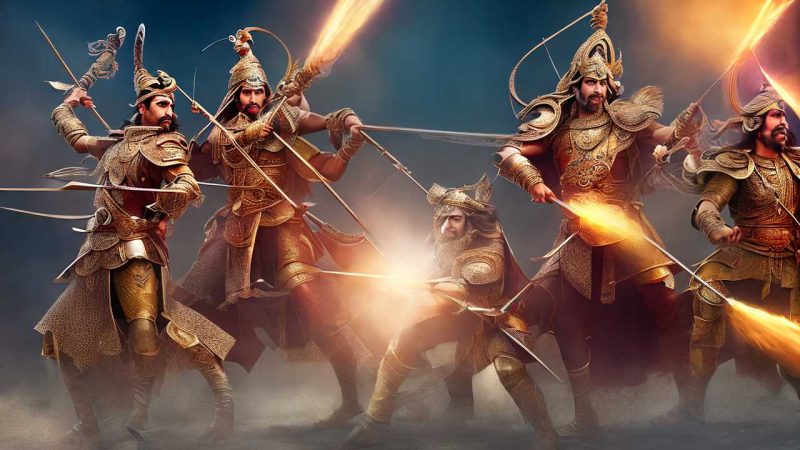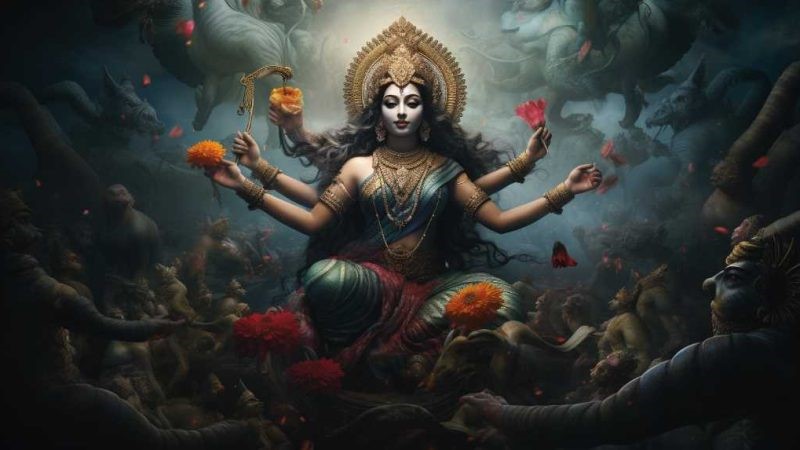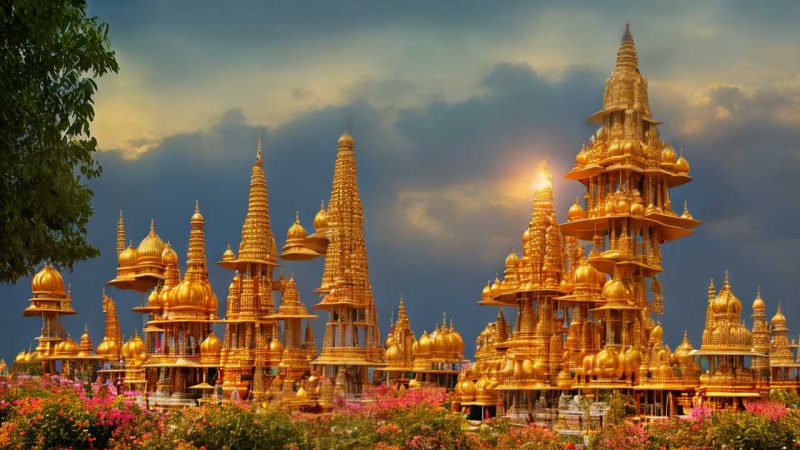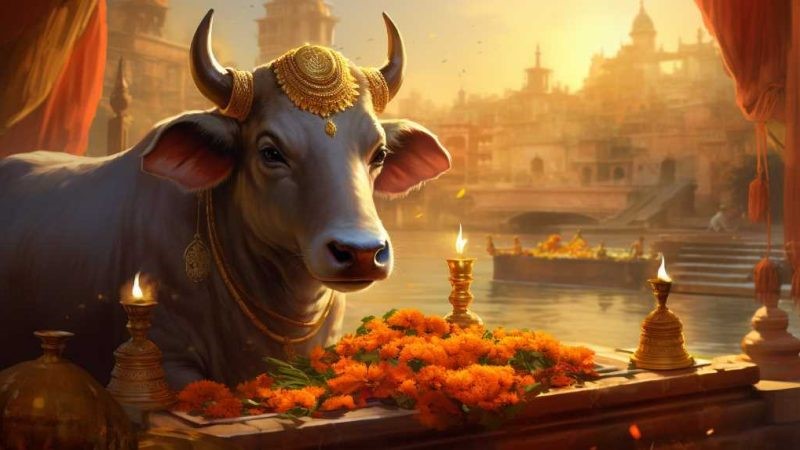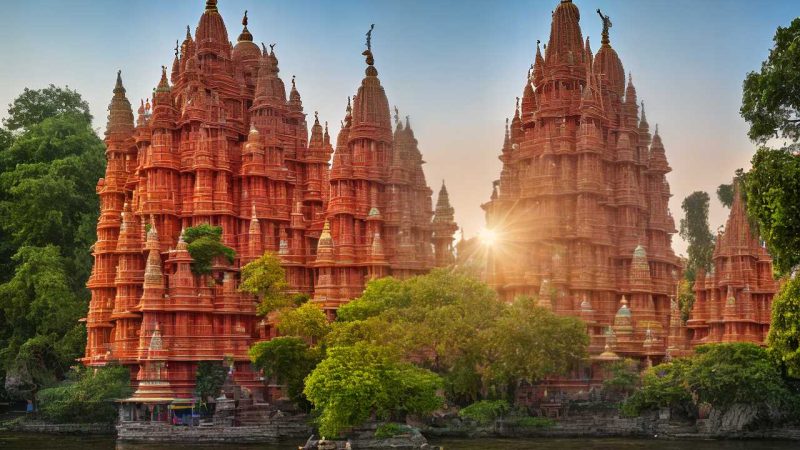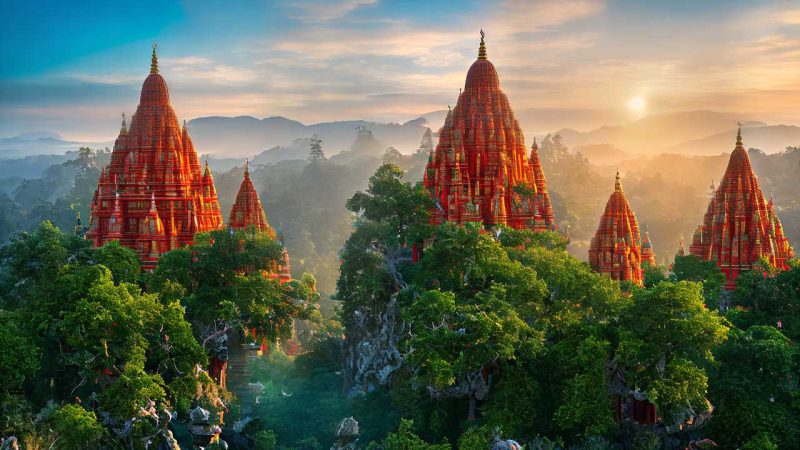Dubai’s Divine Dwellings How Many Hindu Temples in Dubai
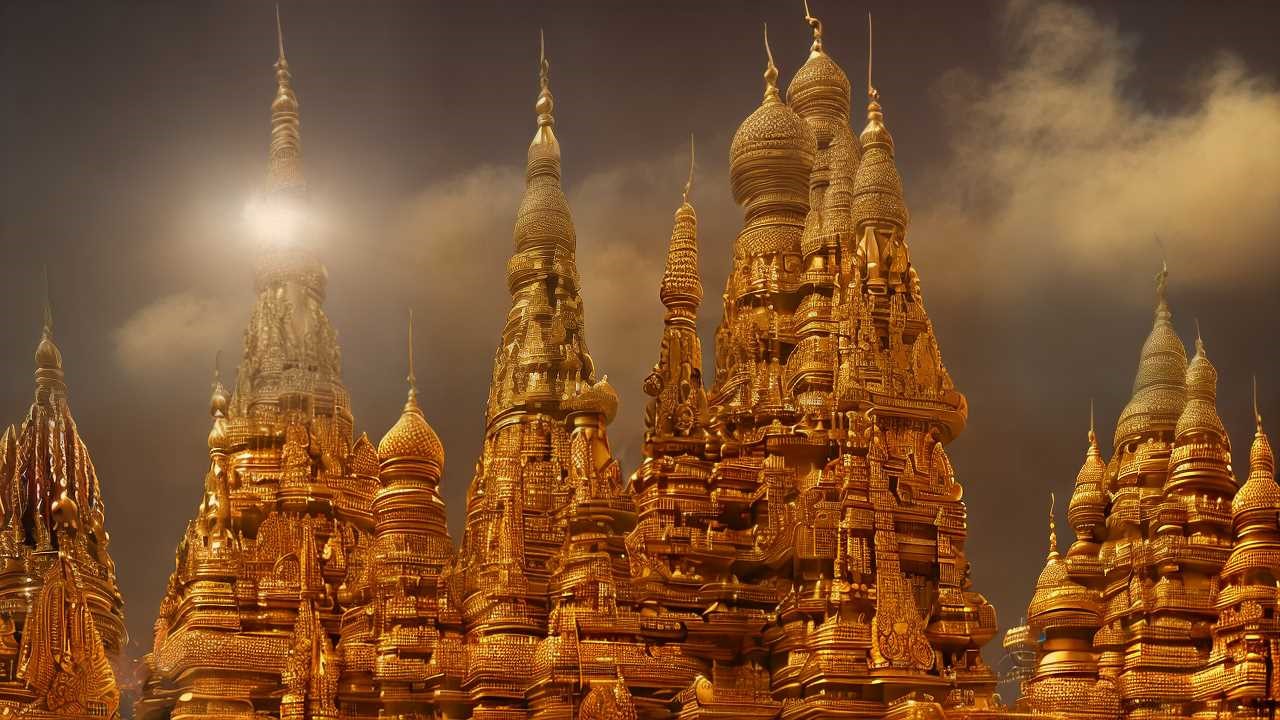
Dubai, known for its tall buildings and luxury, also has an important cultural side – its Hindu temples. These peaceful places, like the Shiva Temple and Sindhi Gurmandir, add a special touch to the city’s religious scene.
Even though many buildings in Dubai follow Islamic design, these Hindu temples stand out and show the city’s cultural diversity. As more Hindus move to Dubai, more temples are being built to support the community. This growth makes people wonder how many temples are there and what this means for religious variety in the future.
The presence and increase of Hindu temples in Dubai are not just interesting but also show a commitment to welcoming different cultures.
The Shiva Temple Legacy
In Dubai, there’s a Shiva Temple that’s a key place for local Hindus to practice their faith and enjoy a piece of their cultural heritage. You can find it in the busy neighborhood of Bur Dubai.
This temple is a peaceful spot for prayer and reflection, even with the city’s fast pace all around. The temple’s design is full of traditional Hindu patterns and shapes, showing how Hindu culture has spread beyond India.
The people who run the temple make sure everything is done just right, according to Hindu traditions. This isn’t just a place to worship; it also helps keep Hindu culture alive and brings people together.
The Shiva Temple is a great example of how Dubai is a place where many different cultures get along well together.
Sindhi Gurmandir’s Presence
The Sindhi Gurmandir is a temple that offers a peaceful place for Hindu people in Dubai, especially those from the Sindhi community. It’s located in the busy area of Bur Dubai and is a spot where people can come to pray, take part in cultural activities, and find support from others in the community.
Although the temple mainly serves Sindhi Hindus, everyone is welcome to join in the Hindu traditions and celebrations. The Sindhi Gurmandir is important because it helps keep the religious and cultural traditions of its visitors alive in a city as diverse as Dubai. The temple holds regular religious services and celebrates Hindu festivals and events according to the Hindu calendar. This helps the people who go there feel connected to their faith and heritage.
For example, during Diwali, the Festival of Lights, the Sindhi Gurmandir might be decorated with colorful lights and offer special prayers and activities for the community to enjoy together. This is just one way the temple helps bring a sense of home and tradition to Hindus living in Dubai.
Bur Dubai Temple Complex
In the old area of Bur Dubai, there is a special place called the Temple Complex. It’s important for people who follow Hinduism because it has several temples for different gods and goddesses. This place is where people come together to practice their religion and meet others.
The buildings here are beautiful, with lots of detailed carvings and bright colors that look just like the temples in India. When people come here, they can pray, watch special religious events, and celebrate holidays that are part of the Hindu traditions. The Temple Complex is also a sign of how Dubai is a place with many different cultures and religions living together peacefully.
For example, during the festival of Diwali, the complex becomes very lively and full of energy. Visitors can see the temple lit up with lamps and smell the incense in the air. This place isn’t just for praying; it’s a place where you can learn about Hindu culture and see how it’s a part of life in Dubai. If you’re interested, you should definitely visit during a festival to get the full experience.
Upcoming Hindu Temples
Amidst the vibrant cultural mosaic of Dubai, plans for new Hindu temples are underway, aiming to accommodate the growing needs of the Hindu community and enrich the city’s religious landscape. These projects reflect Dubai’s commitment to fostering a climate of inclusivity and religious harmony.
The new temples are expected to feature traditional architecture and design, staying true to the cultural and spiritual ethos of Hinduism. While specifics regarding the size, location, and opening timelines of these temples are often detailed in municipal documentation, such information may not always be readily available to the general public until official announcements are made.
Authorities coordinating with the Hindu community ensure these developments proceed with cultural sensitivity and adhere to the emirate’s urban planning regulations.
Spiritual Services and Celebrations
In Dubai, Hindu temples are important places for the local Hindu community. They offer various religious services and organize events for important festivals and personal milestones. At these temples, people come together to worship, meditate, and take part in ceremonies like puja, which are prayer services, aarti, which is a form of worship, and havan, which involves fire.
These temples are especially busy during big festivals such as Diwali, which is the festival of lights, Navratri, a nine-night celebration of good over evil, and Holi, the festival of colors. These are times when the community comes together to perform traditional prayers and ceremonies. Personal events like weddings, baby naming ceremonies, and other important life stages are celebrated here, too, following ancient Vedic traditions.
For the Hindu people living in Dubai, these temples are crucial. They are places where they can continue their religious practices, maintain their traditions, and celebrate their cultural identity.
Conclusion
In conclusion, the Hindu temples of Dubai epitomize the cultural confluence and religious tolerance within the Emirate. These sanctuaries not only serve as spiritual hubs for the Hindu community but also as cultural landmarks, reflecting the city’s cosmopolitan ethos.
With the existing temples and the anticipation of new ones, Dubai continues to foster an environment where diverse religious practices are respected and celebrated, bolstering its reputation as a global city that embraces multiculturalism.

